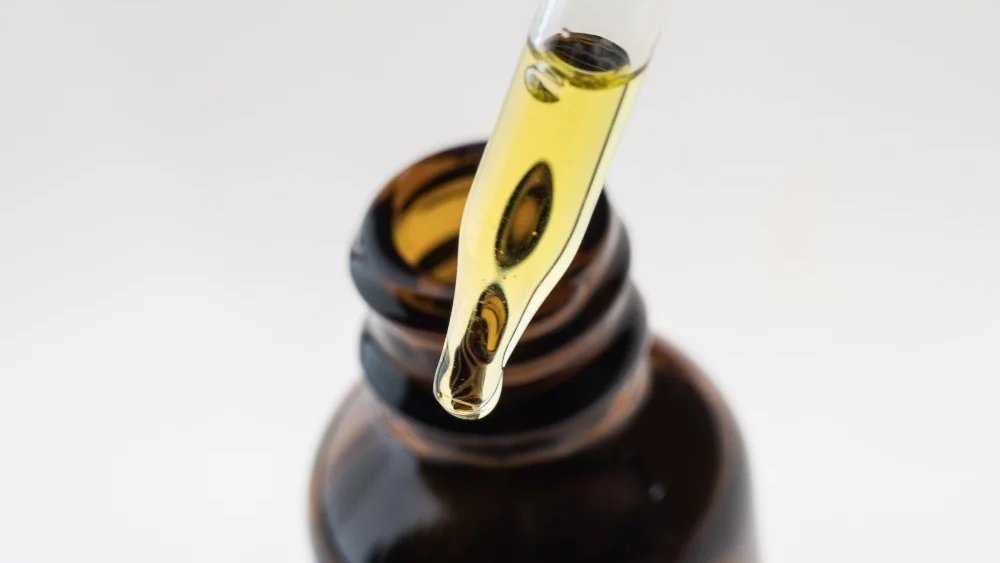
CBD Outlook for Food, Supplement Makers
After a chaotic end-of-term rush, Congress finally passed a new “Farm Bill” just before the holiday break last year. In a significant development for farmers and hemp-product manufacturers, the Agriculture Improvement Act of 2018 allows the cultivation and sale of hemp nationally.
In a nutshell, the legislation:
- Defines hemp as the plant Cannabis sativa L. delta-9 with a THC concentration of not more than 0.3 percent by dry weight
- Effectively removes hemp and hemp products from the Controlled Substances Act
-
Delegates to states extensive authority to regulate the production and sale of hemp and hemp products (with a promised federal regulatory regime as backup)
- Prohibits states from interfering in interstate hemp shipments.
That at least some federal lawmakers would support a significant expansion of freedom in the hemp market doesn’t come as a complete surprise, however, since the 2014 Farm Bill already lifted some historical restrictions on hemp. That bill established pilot programs for study and research under the authority of state governments and institutions of higher education.
But perhaps most importantly, the liberalization of trade in hemp is widely believed to have been championed by none other than U.S. Sen. Mitch McConnell, R-Kentucky. Senate Majority Leader McConnell represents a state that’s historically been perhaps the country’s greatest single hemp producer.
According to the Hemp Business Journal (yes, that’s a thing), “U.S. retail sales for hemp food and beverage products, personal care products, supplements, car parts, and more, reached $820 million” in 2017. Food, beverage, and dietary supplements made up nearly a quarter of that market, generating $182 million in revenue. The journal also estimated hemp would grow to exceed $1.2 billion over the next three years.
Nevertheless, several states, including Iowa, Maine, Ohio, and North Carolina, are pushing back with efforts to remove certain hemp products – particularly CBD, one of many cannabinoids naturally found in hemp – from retailers’ shelves and products. Los Angeles and New York are taking similar (if not exactly identical) measures.
For more information about how the Farm Bill handles the legalization of CBD and hemp, check out our FAQ.
Such conflicting regulation could put the brakes on this growing market. At least a dozen lawmakers signed a letter sent to the U.S. Food and Drug Administration this week seeking clarification from the agency.
“In light of the … state enforcement actions and the resulting confusion, we’re calling on FDA to swiftly provide guidance on lawful pathways for food products containing hemp-derived CBD in interstate commerce. We’re looking for immediate leadership from the Federal Government to eliminate confusion around this issue,” U.S. Rep. Chellie Pingree, D-Maine, wrote.
CBD Dos and Don’ts
This area can be confusing. Despite some of the buzz, the farm bill does not give food and supplement makers carte blanche when it comes to using hemp derivatives, such as CBD, in their products.
Manufacturers can’t:
- Add CBD to a food
- Add CBD to a beverage
- Add CBD to a dietary supplement or use CBD itself as a supplement
- Add CBD to a cosmetic.
However, companies can:
- Incorporate it in a food product due to its presence in hemp
- Incorporate it in a beverage due to its presence in hemp
- Incorporate it in a dietary supplement due its presence in hemp
- Incorporate it in a cosmetic due its presence in hemp.
Confused yet? It’s not as contradictory as it sounds. In short, food, beverage, and supplement makers can use hemp in their products, which can include CBD as a natural constituent. But they can’t use CBD on its own, nor can they make therapeutic or structure/function claims because of the presence of CBD in their products.
As FDA Commissioner Dr. Scott Gottlieb said in a statement after President Trump signed the farm bill into law, “Selling unapproved products with unsubstantiated therapeutic claims is not only a violation of the law, but also can put patients at risk, as these products have not been proven to be safe or effective.”
Download the Hemp Legalization FAQ.
How TraceGains Can Help
TraceGains Supplier Management allows food, beverage, and dietary supplement manufacturers to efficiently qualify and manage suppliers, items, and required documents while reducing risk and increasing visibility into the supply chain. Companies can create supplier scorecards, review risk and compliance issues, and manage FSMA, GFSI and other regulatory requirements.
In addition, TraceGains is hard at work right now developing a standard form for the hemp industry to make it easier for manufacturers to find and work with approved suppliers.
Jason Sapsin is counsel at Faegre Baker Daniels and a member of its national FDA and Food Litigation and Regulatory practices. He works with companies to address their food and drug law and advertising questions and challenges, including domestic and international food, dietary supplement, cosmetic, medical device and drug companies. Jason is a former FDA associate chief counsel and is now based in Boulder, Colorado.
